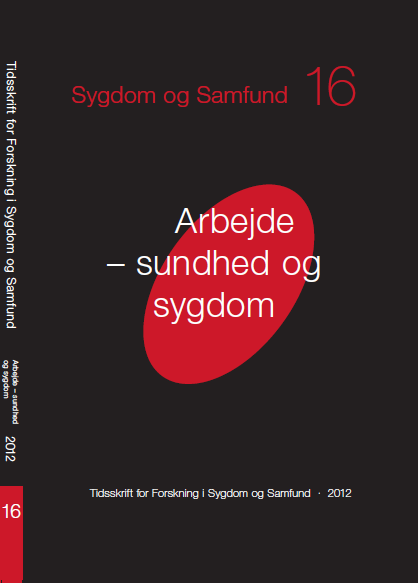Publiceret 2012-07-05
Citation/Eksport
Resumé
Most Western countries require a medical certificate for payment of sickness benefits in prolonged absence spells. Based on an intervention enabling self-certified sick leave up to 365 days in the municipality of Mandal, this article discusses whether a medical certificate is necessary to legitimate sick leave. The municipality’s absence registry and questionnaire data form the basis of this article. In Mandal self-certification has become the rule, both for short- and long-term sick leave. For short-term absence, the transition to self-certification has reduced absence length and return to work has become more evenly distributed throughout the week. For sick leave in excess of 16 days, absence length has increased, but not significantly. The proportion of graded long-term sick leave significantly increased in self-certified episodes, from 23 percent the first year to 43 percent the third year. A large and increasing majority of the employees are satisfied with extended self-certification. Those whom still prefer a doctor’s sick note, are either critical to how they are followed-up at the workplace or feel that self-certification is a burden. The transition to self-certification as main documentation for sickness absence has not increased absence levels. During long-term absence spells employees consult their doctors. This indicates that the employees behave responsibly when they self-certify and retain contact with their doctor for medical purposes. The intervention suggests that mandatory certification by a doctor is not necessary for legitimising sick leave, even long-term absence.

